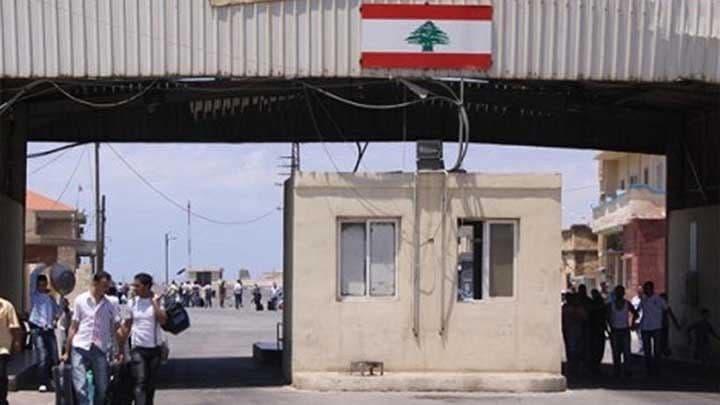The Closed Crossings Reopen: Why Are Syria and Lebanon Reshaping Their Communication Map?

The decision to rehabilitate the border crossings carries implications that go beyond the technical aspect. Opening crossings like Dabousiyeh, Arida, and Qamar Bridge is not just a restoration of trade routes, but a reconnection of geographical and human ties that have remained torn for years. The support provided by the International Organization for Migration to rebuild the Dabousiyeh Bridge gains symbolic importance.
The exhausted economies of both countries are the primary beneficiaries of this step. The movement of trucks through the Jousiyeh crossing will not only transport goods, but also bring with it job opportunities and hope for a commercial revival that will breathe life into border areas that have suffered from closure and marginalization. The expected reduction in transportation costs will revitalize the production of farmers and small traders who have dreamed for years of a day when they can cross their goods without obstacles.
But more important than all this is the human dimension. Expanding the categories of Syrians allowed to enter Lebanon means that families will reunite after separation, students will continue their education, and patients will receive their treatment. The border that was a red line difficult to cross is transforming into bridges for communication and cooperation.
This transformation did not come out of nowhere. The fall of the Assad regime last December opened the door to redefining the relationship between the two countries. The five crossings that connect Syria and Lebanon are no longer borders between opposing regimes, but have become channels of communication between two countries seeking to emerge from the vortex of war.
Nevertheless, challenges remain present. The damaged infrastructure requires significant investments, the lost trust between the two sides needs time to restore, and the fear of a return to closure remains in everyone's minds. Success will require sustained political will, international support, and above all, a belief that the interests of both peoples are linked to a shared future.